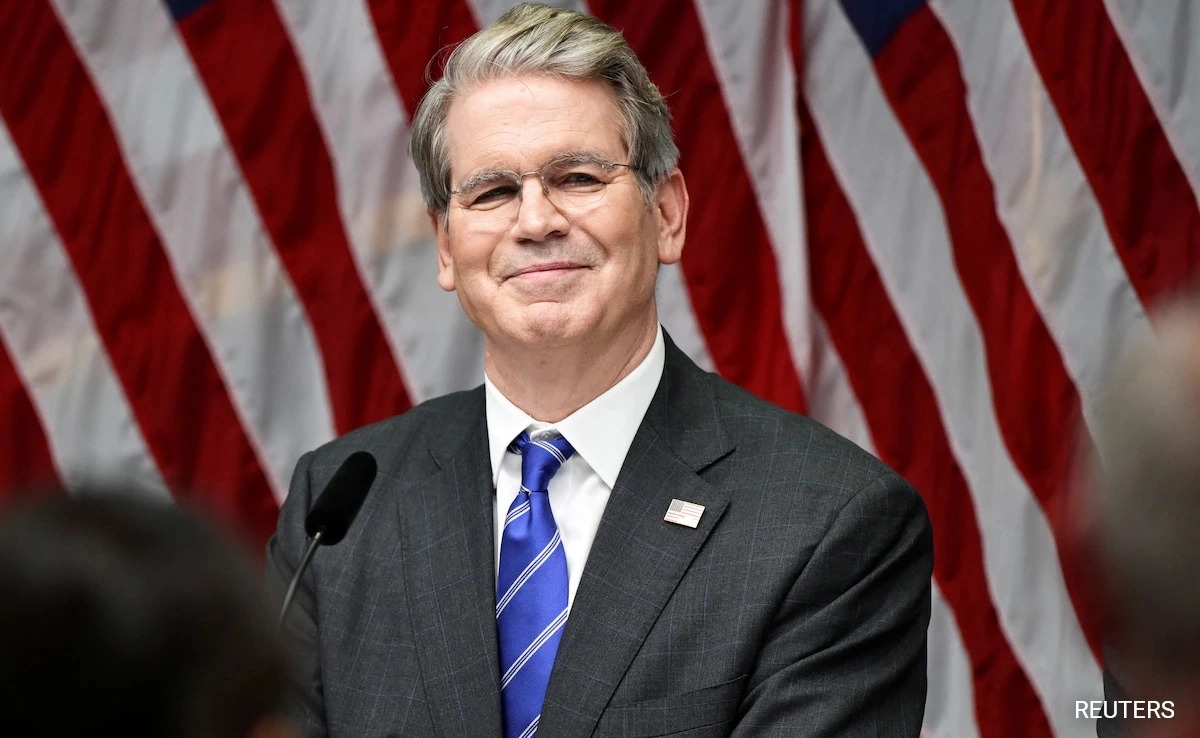There has been growing speculation surrounding former President Donald Trump’s intentions regarding Venezuela’s Nicolás Maduro. With a history of strong rhetoric against authoritarian regimes, Trump’s potential plans to confront Maduro could signal a significant shift in U.S. foreign policy towards Latin America. Observers have noted that his administration was characterized by an aggressive stance towards the Venezuelan government, which he labeled a “dictatorship.” This past behavior raises questions about whether Trump is preparing to re-engage in the Venezuelan crisis, especially as he positions himself for a potential presidential run in the 2024 election.
Several indicators suggest that Trump may be formulating a strategy to capitalize on the ongoing turmoil in Venezuela. The Maduro regime has faced increasing internal dissent, economic collapse, and humanitarian crises, presenting an opportunity for external intervention. Trump’s supporters have pushed for a more robust U.S. response, and with his track record of prioritizing foreign policy issues that resonate with his base, it is plausible that he could leverage the Venezuelan situation to rally support. Historical context plays a significant role here; Trump’s earlier attempts to support opposition leader Juan Guaidó were met with mixed results, yet they showcased a willingness to challenge Maduro directly.
Furthermore, the geopolitical landscape has shifted since Trump left office, with Russia and China increasing their influence in Venezuela. This has created a complex environment where U.S. action could be seen as both a challenge to authoritarianism and a counter to foreign adversaries. The Biden administration has taken a more diplomatic approach, focusing on negotiations and sanctions rather than military intervention. If Trump were to adopt a more confrontational stance, it could ignite significant debate within U.S. political circles and among international allies. Ultimately, whether Trump is indeed planning something substantial against Maduro remains uncertain, but the implications of such a move could reverberate throughout the region and beyond.




